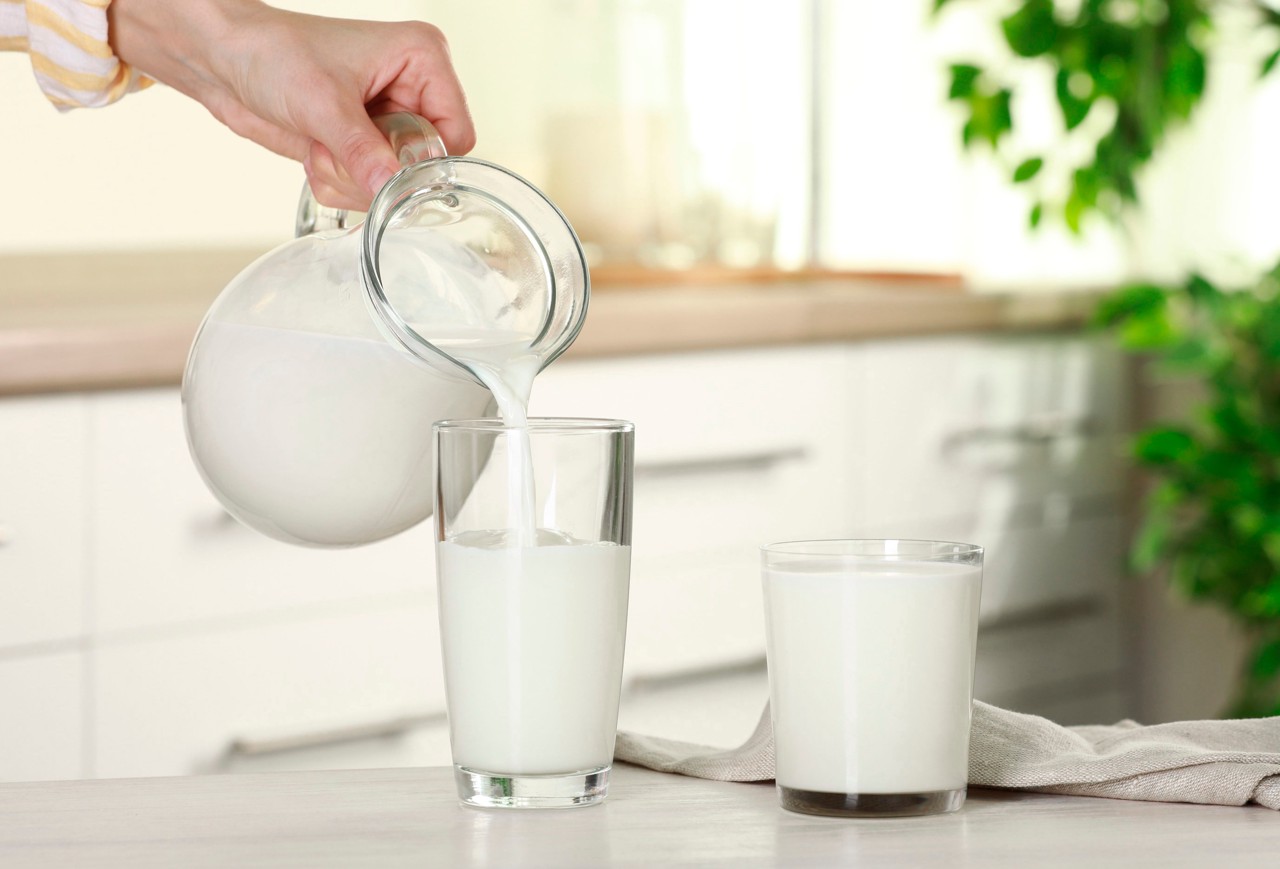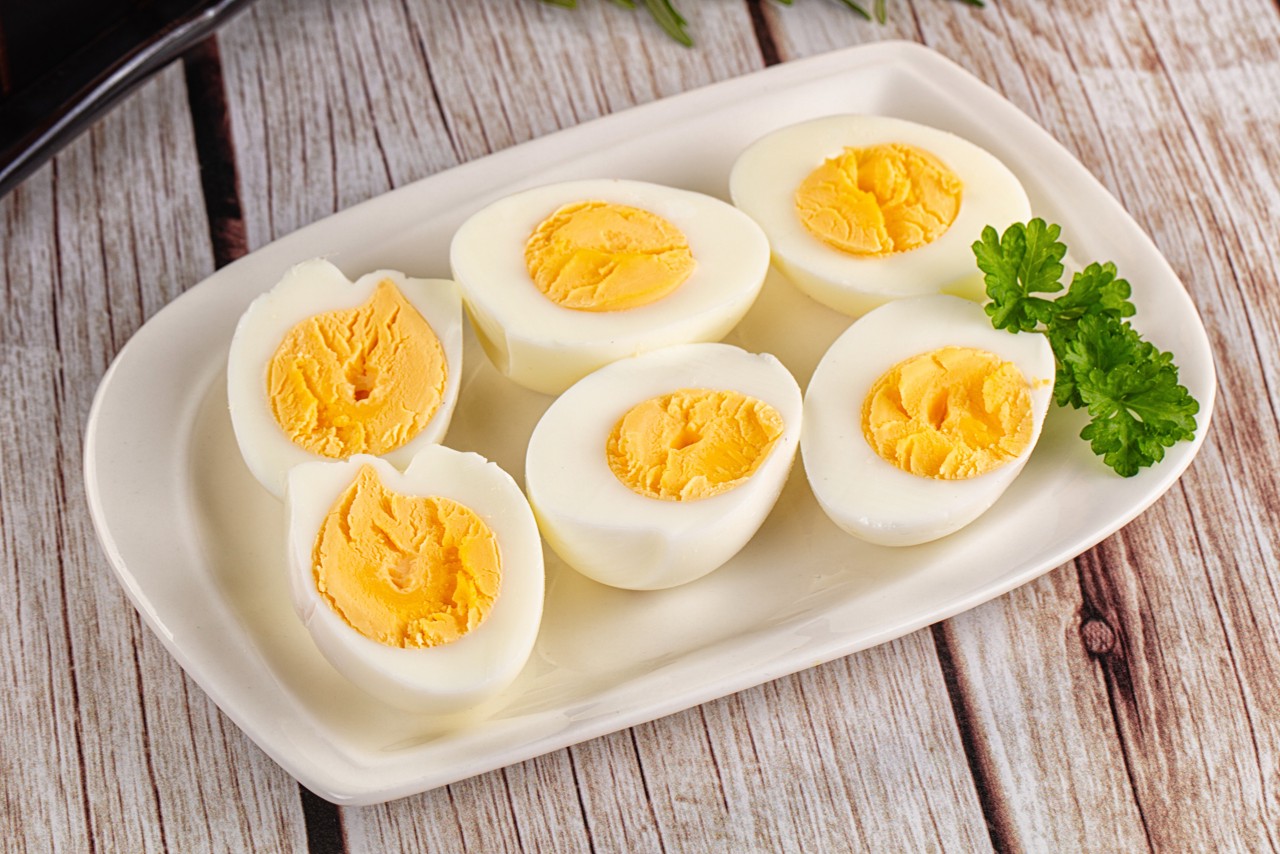Is egg yolk high in cholesterol? Do canned foods contain too many preservatives? Are frozen vegetables less nutritious? Due to rumors, many delicious foods are unfairly avoided. However, they might not be as bad as people think—some may even offer health benefits.
This article aims to clarify misconceptions about certain misunderstood foods.
01
Egg Yolk
❌ Myth: Egg yolks are too high in cholesterol—eat less!
✅ Truth: Healthy individuals don’t need to worry excessively about egg yolks causing high cholesterol.
A large-scale study shows that eating one egg per day may help reduce the risk of cardiovascular disease and related deaths. Another study indicates that consuming up to three eggs daily can lower LDL (“bad” cholesterol) levels in healthy young adults, benefiting blood lipid health.
However, people with high cholesterol should monitor their total fat intake, limiting eggs to no more than one per day or five per week. Those with obesity issues should also control calorie and fat intake.
02
Canned Foods
❌ Myth: Canned foods are full of preservatives and lack nutrition!
✅ Truth: The “freshness secret” of canned foods relies not on preservatives but on specialized processing and sealing techniques.
The “National Food Safety Standard—Standards for Use of Food Additives” (GB 2760-2024), effective February 8, 2025, explicitly prohibits the use of preservatives in canned foods.
After sealing, semi-finished canned products must undergo sterilization within two hours, typically through heat treatment. Post-sterilization, cans are cooled below 40°C, creating a vacuum seal that prevents microbial contamination—eliminating the need for preservatives.
Nutritionally, canned foods are often made from fresh ingredients. Minerals like potassium, calcium, and magnesium remain stable during processing, and dietary fiber is preserved. While heat-sensitive vitamins (e.g., vitamin C and B vitamins) degrade slightly during storage, vitamin C loss usually stays below 15%.
However, fruit canned in syrup contains high sugar levels, so moderation is advised. For meat or fish cans, check sodium content on nutrition labels and opt for low-sodium options.
03
Frozen Vegetables
❌ Myth: Frozen vegetables lose most nutrients and are inferior to fresh ones!
✅ Truth: In some cases, frozen vegetables may even be better than fresh ones stored in the fridge.
Flash-freezing rapidly lowers food temperature to -18°C or below, preserving nutrients and quality. Freezing also inhibits microbial growth, extending shelf life.
While some water-soluble vitamins are lost, fiber and minerals remain largely unchanged, and antioxidant levels may even increase.
If you can’t finish fresh vegetables quickly, freezing them is a practical option. Note: High-water-content vegetables (e.g., lettuce) don’t freeze well and may lose texture.
04
Whole Milk
❌ Myth: Skim milk is healthier than whole milk!
✅ Truth: For those with high cholesterol, skim or low-fat milk may be preferable, but healthy individuals can choose based on preference.

Whole milk has a richer taste and retains more fat-soluble vitamins (A, D, E, K), which aid mineral absorption (e.g., calcium).
It’s also rich in phospholipids, crucial for brain development in infants and linked to improved memory and stress relief in adults.
Regarding heart health, whole dairy shows no significant harm. Studies suggest its saturated fats may raise HDL (“good” cholesterol). Those with obesity or cardiovascular risks should opt for low-fat options, but others can enjoy whole milk freely.
05
Soy Milk
❌ Myth: Long-term soy milk consumption disrupts hormones, causing breast hyperplasia, uterine fibroids, or early puberty in children!
✅ Truth: Soy isoflavones in soy milk have weak estrogenic activity but don’t cause these issues.





